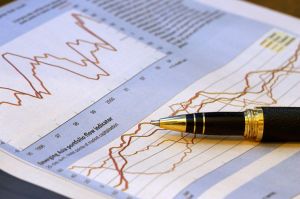
Why you need to keep a trading journal? Trading is all about being disciplined. Successful traders don’t have any holy grail of systems or indicators. What they have is a lot of common sense and discipline. The importance of keeping a trading journal cannot be overemphasized if you want to become a successful trader. This is how hedge fund managers train their new traders. No doubt, leading banks are able to train and breed successful and pro traders using this simple strategy of inculcating the habit of keeping a trading journal and being disciplined in trading.
As an individual trader, keeping a trading journal is even more important as you are trading with your own money that you can’t afford to lose. Capital preservation should be your number one strategy. Live to trade another is what you need to learn and inculcate in yourself.
For every trade that you make, you need to have a strong rationale for entering into the trade with clear cut entry, exit, take profit and stop loss strategies. When you enter into a trade, you should know beforehand when you are going to exit in the worst case scenario. Learn to manage risk first and only then think about taking profit.
Many traders think of the profit first and risk later. It should be other way around. First manage risk, once you have managed risk, only then you should think about take profit. Learn to take a calculated risk each time you enter into a trade plus develop the habit of learning from your mistakes. Now your trading journal need to have at least the following three parts. Let’s discuss them.
Currency Pairs Checklist: This part should include your daily outlook on the different currency pairs that you trade. Calculate the daily range of the pairs that you trade using pivot points. Predict how the currency pair is going to behave in the next few days. Mark those currency pairs that are ranging with their support and resistance as well as those that are trending.
Potential Trades: This part should include the list of trades that you plan to trade in the day plus the strategy that you will employ.
Completed Trades: This part should audit all your completed trades. Try to learn from your mistakes. Analyze each completed trade. Figure out where you went wrong in case of a losing trade. In case of a winning trade, think if you could have done it better.